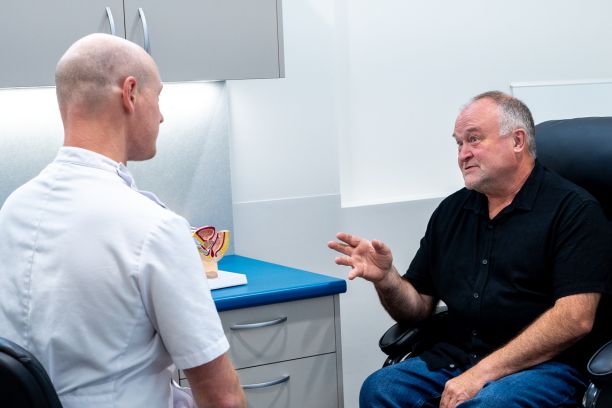Continence issues affect 5 million Australians at different stages of their life. Your community pharmacist is here to provide accessible, discreet, and expert care to everyone who walks through the door.
Each year, Continence Week takes place in June. During this week and beyond, the Pharmacy Guild of Australia encourages Australians to speak openly with their community pharmacists about continence health.
Continence issues can affect anyone, young or old, and too many people suffer in silence.
Your community pharmacist is here to provide accessible, discreet, and expert care to everyone who walks through the door.

How Your Community Pharmacist Can Help
Community pharmacists are often the first point of contact for people managing continence issues. With most Australians living within 2.5 km of a pharmacy and visiting every three weeks on average, pharmacists are uniquely positioned to offer:
Take the First Step
If you or someone you care for is experiencing continence challenges, don’t wait. Visit your local community pharmacy and start the conversation. It’s a simple step that can make a big difference.
For additional information about bladder control, bowel control, and pelvic floor health in Australia, visit Continence Health Australia's resource library.

